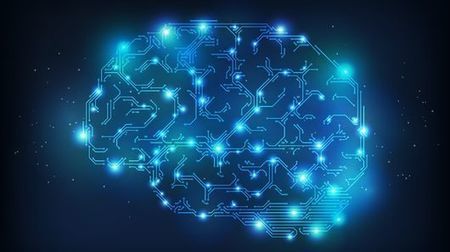"A brain-inspired computing component provides the most faithful emulation yet of connections among neurons in the human brain, researchers say. The so-called memristor, an electrical component whose resistance relies on how much charge has passed through it in the past, mimics the way calcium ions behave at the junction between two neurons in the human brain, the study said. That junction is known as a synapse. The researchers said the new device could lead to significant advances in brain-inspired—or neuromorphic—computers, which could be much better at perceptual and learning tasks than traditional computers, as well as far more energy efficient."
Research and publish the best content.
Get Started for FREE
Sign up with Facebook Sign up with X
I don't have a Facebook or a X account
Already have an account: Login
 Your new post is loading... Your new post is loading...
 Your new post is loading... Your new post is loading...
|
|












